With the increasing popularity of outdoor solar lighting, many buyers are looking for devices that will last them a long time. But how long is the average life expectancy of an outdoor solar light? The answer depends on several factors such as operating conditions, type of device, quality and maintenance habits. In this post, we’ll explore what you should know about longevity when choosing outdoor solar lights. So let’s dive in and see how much bang for your buck can get!
Benefits of Installing Outdoor Solar Lights
1. Energy Efficiency
Solar lights harness the power of the sun, a renewable and abundant energy source, significantly reducing energy consumption and electricity costs. LED lamps used in solar lights are also energy-efficient, consuming less power compared to traditional lighting options like incandescent or CFL bulbs.
2. Eco-Friendly
By utilizing solar energy, outdoor solar lights reduce greenhouse gas emissions and dependence on fossil fuels. This makes them an environmentally friendly option that contributes to the global fight against climate change and supports sustainable living practices.
3. Cost-Effective
While the initial cost of outdoor solar lights might be higher than conventional lighting systems, they prove to be more cost-effective in the long run. Solar lights eliminate expenses associated with wiring, trenching, and connection to the electrical grid. Additionally, they have low operational costs since they rely on sunlight, resulting in significant savings on electricity bills.
4. Easy Installation
Outdoor solar lights are relatively easy to install, as they don’t require extensive wiring or connection to the electrical grid. This simplicity reduces labor costs and minimizes disruptions to the surrounding environment. The modular design of many solar lights allows for quick and straightforward installation, making them suitable for DIY projects or professional installations.
5. Low Maintenance
Solar lights require minimal maintenance due to their simple design and long-lasting components. LED lamps have a longer lifespan compared to traditional light sources, and solar panels and batteries are designed to withstand harsh weather conditions. Occasional cleaning of the solar panel and light fixture is generally sufficient to maintain optimal performance.
6. Enhanced Safety and Security
Outdoor solar lights provide consistent illumination in areas where grid access is limited or unreliable, improving safety for pedestrians and drivers. Motion sensor-equipped solar lights offer increased security by adjusting brightness levels based on activity, deterring intruders and enhancing visibility in public spaces.
7. Grid Independence
Solar lights operate independently from the electrical grid, making them an ideal choice for rural areas, remote locations, or disaster-prone regions where power supply may be unreliable. This independence also allows for better control and monitoring of individual lights, contributing to more efficient energy management.
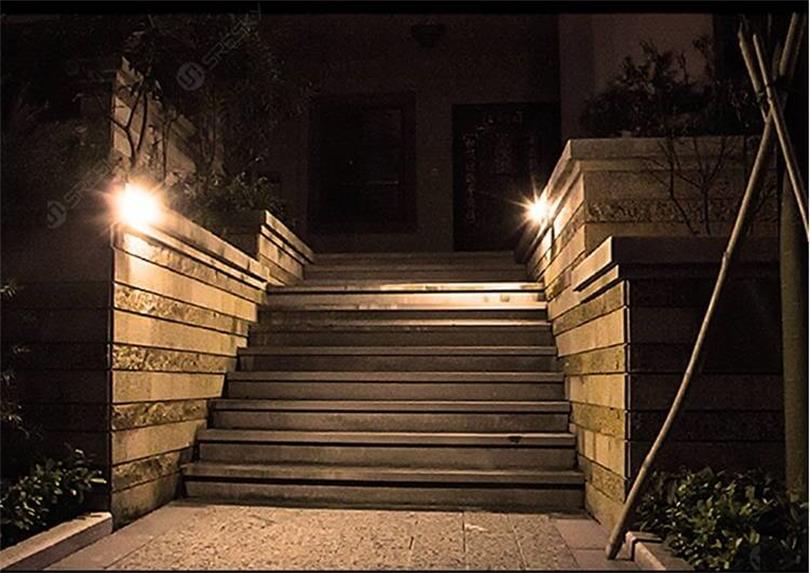
Factors That Determine the Life of Outdoor Solar Lights
1. Quality of Components
The quality of components such as the solar panel, LED lamp, battery, and charge controller plays a crucial role in determining the lifespan of solar lights. High-quality components are more durable and efficient, resulting in a longer-lasting solar lighting system.
2. Battery Life
The battery is one of the most critical components affecting the life of outdoor solar lights. Over time, batteries lose their ability to hold a charge, reducing the runtime of the light. The lifespan of a battery depends on its type (e.g., lithium-ion, LiFePO4, or NiMH) and the number of charge-discharge cycles it undergoes. Regular maintenance and proper charging can help prolong battery life.
3. Solar Panel Efficiency
The efficiency of the solar panel determines how effectively it can convert sunlight into electricity. High-quality solar panels with higher efficiency can generate more power, ensuring better performance and longer-lasting solar lights. Solar panel efficiency can degrade over time due to environmental factors, so periodic cleaning and inspection are essential to maintain optimal performance.
4. Weather Conditions
Outdoor solar lights are exposed to various weather conditions such as rain, snow, heat, and wind. These conditions can impact the performance and lifespan of solar lights. For instance, extreme temperatures can affect battery life, while dust, dirt, and debris can accumulate on the solar panel, reducing its efficiency. Choosing solar lights designed to withstand harsh weather conditions and regular maintenance can help extend their lifespan.
5. Installation and Maintenance
Proper installation and regular maintenance are vital to ensure the longevity of outdoor solar lights. Incorrect installation can lead to poor performance, while neglecting maintenance can result in reduced efficiency and shorter lifespan. Ensuring that the solar panel is optimally positioned to receive sunlight and regularly cleaning the panel and light fixture can significantly impact the life of solar lights.
6. Usage Patterns
The frequency and duration of use can also influence the lifespan of outdoor solar lights. Solar lights that operate for longer hours every night or those with motion sensors that are frequently triggered will experience more wear and tear, potentially reducing their overall lifespan.
Different Types of Outdoor Solar Lights and Their Average Lifespans
1. Solar Pathway Lights
https://www.sresky.com/solar-light-catalog-page/sgl-07max-product/
These solar lights are designed to illuminate walkways, pathways, and garden borders. They typically have a compact design and provide soft, ambient lighting. The average lifespan of solar pathway lights is around 2-4 years, depending on the quality of components and maintenance.
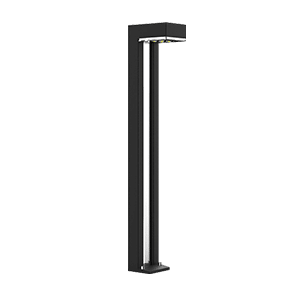
2. Solar Spotlights
https://www.sresky.com/solar-light-catalog-page/swl-23-product/
Solar spotlights are used to highlight specific features in your outdoor space, such as landscaping, statues, or architectural elements. They produce focused, bright light and can be mounted on the ground or walls. The average lifespan of solar spotlights is about 3-5 years, with proper care and maintenance.
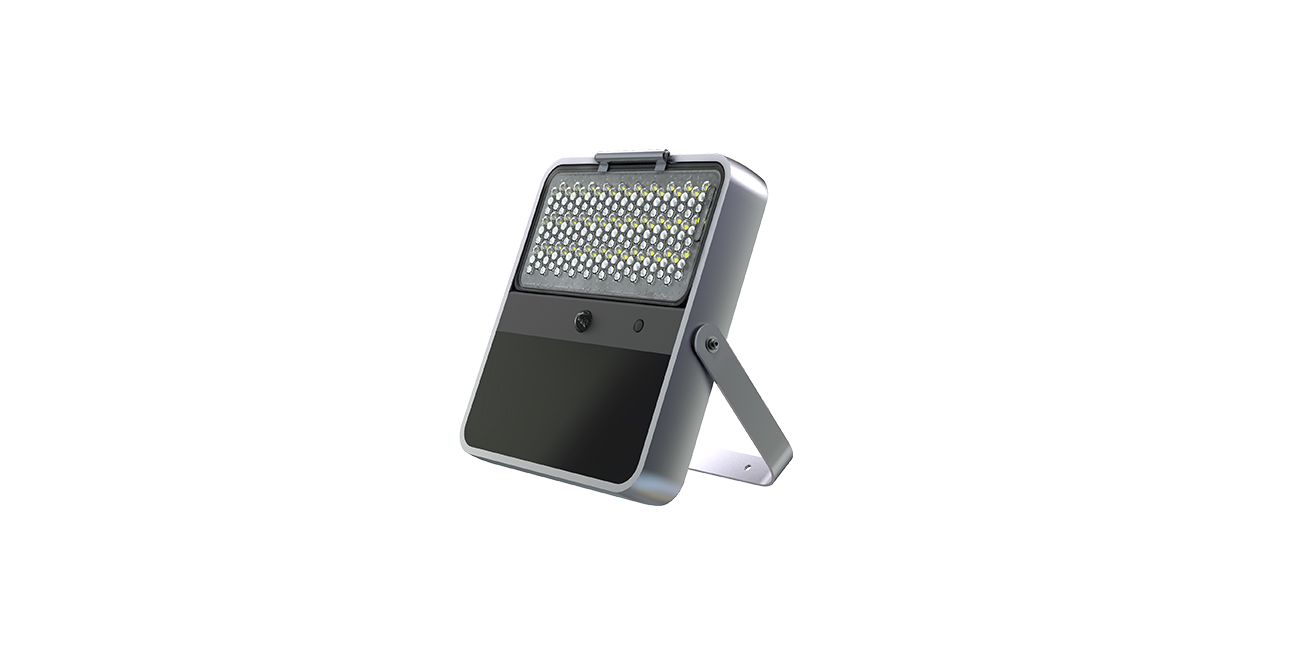
3. Solar Wall Lights
https://www.sresky.com/solar-wall-light-swl-24/
These lights are mounted on walls and provide illumination for areas such as porches, patios, or entranceways. Solar wall lights may have decorative designs and can include motion sensors for added security. The average lifespan of solar wall lights ranges from 3-5 years, depending on usage and maintenance.
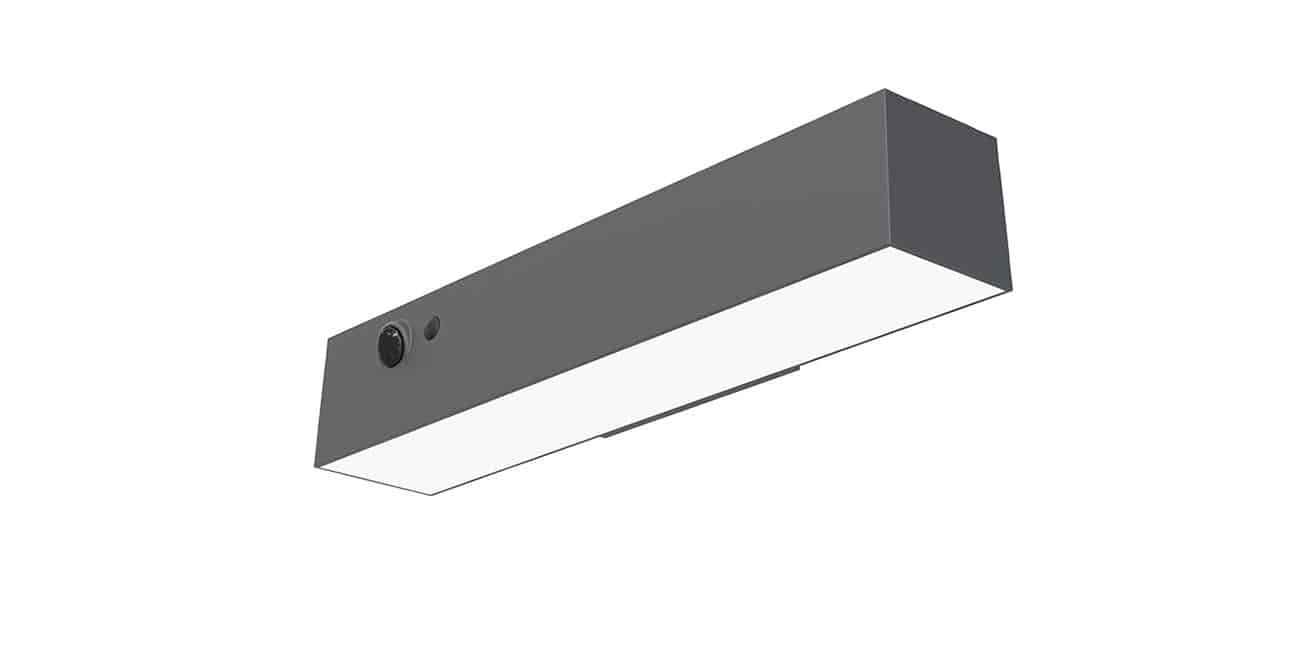
4. Solar Floodlights
https://www.sresky.com/solar-light-catalog-page/swl-20pro-40pro-product/
Solar floodlights produce powerful, wide-beam lighting suitable for illuminating large outdoor areas such as driveways, parking lots, or sports fields. They often come with motion sensors and adjustable brightness settings. The average lifespan of solar floodlights is approximately 5-7 years, with regular maintenance and proper usage.
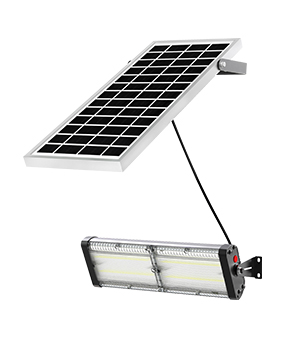
Tips for Getting the Most Out of Your Outdoor Solar Lights
To get the most out of your outdoor solar lights and optimize their performance, follow these tips and best practices:
1. Optimal Solar Panel Positioning
Ensure that the solar panel is positioned to receive maximum sunlight exposure throughout the day. Avoid placing it in shaded areas or under overhanging branches. Adjust the angle of the solar panel, if possible, to optimize its orientation towards the sun.
2. Proper Installation
Follow the manufacturer’s instructions for proper installation of your solar lights. Incorrect installation can lead to poor performance and reduced efficiency. Make sure the lights are securely mounted and positioned to provide optimal illumination for the intended area.
3. Regular Cleaning and Maintenance
Clean the solar panel and light fixture periodically to remove any dirt, dust, or debris that may accumulate on the surfaces. This helps maintain the efficiency of the solar panel and ensures maximum brightness. Use a soft cloth or sponge with a mixture of mild soap and water, rinse with clean water, and wipe dry.
4. Battery Care
Replace the batteries when they lose their ability to hold a charge, typically after a few years of use. Use the same type and capacity of batteries recommended by the manufacturer. Avoid exposing the battery to extreme temperatures, as this can shorten its lifespan.
5. Inspect LED Bulbs
While LED bulbs have a long lifespan, they may still become less efficient over time. If you notice reduced brightness, consider replacing the LED bulbs with new ones of the same wattage and type.
6. Utilize Motion Sensors
If your solar lights have motion sensors, use them to conserve energy and extend the lifespan of the lights. The lights will only operate at full brightness when motion is detected, reducing wear and tear on the components.
7. Protect from Extreme Weather
Although outdoor solar lights are designed to withstand various weather conditions, it’s essential to protect them from severe storms, hail, or heavy snowfall. Relocate the lights temporarily during extreme weather events or cover them with protective materials.
8. Monitor Performance
Keep an eye on the performance of your solar lights and address any issues promptly. This may involve cleaning the solar panel, adjusting its position, or replacing batteries or LED bulbs.
By following these tips and best practices, you can get the most out of your outdoor solar lights, ensuring they provide reliable, energy-efficient illumination for your outdoor spaces while maximizing their performance and lifespan.
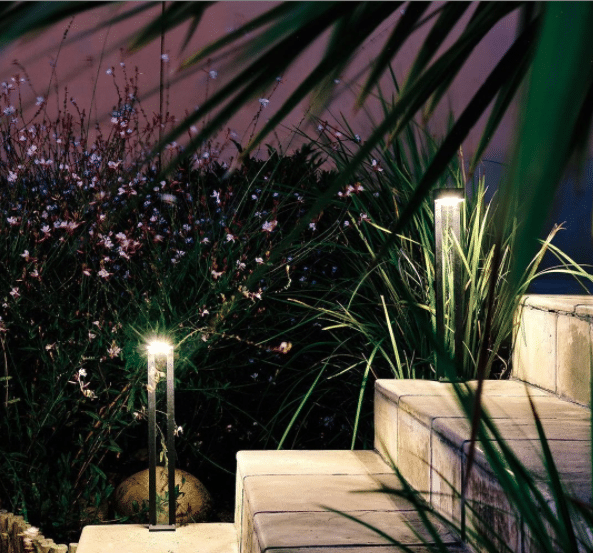
Overall, when evaluating the average life expectancy of a solar light, there is no easy answer. The type of device, operating conditions, quality, and maintenance habits all play a factor in how long your outdoor solar lights will last.Ultimately, if you want to get the most out of your outdoor solar lighting fixtures, be sure to invest in high-quality products from reliable brands. And don’t forget that proper maintenance of them should also be taken into account!
If you have any other questions about choosing the right outdoor solar lights or need further assistance selecting suitable lighting fixtures for your project, don’t hesitate to contact our product managers – they would love to help!
Solar Street Lights Battery Comprehensive guide
Table of Contents